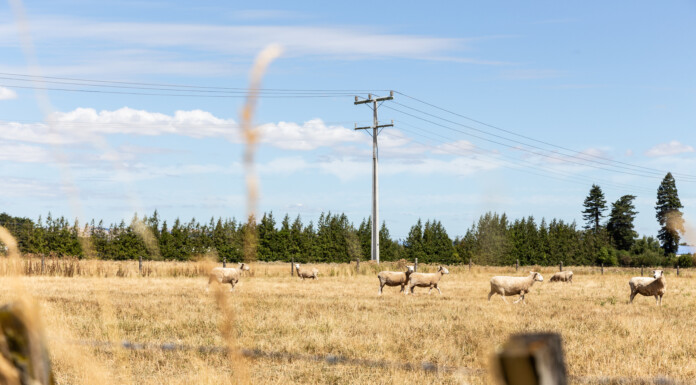You don’t need me to tell you how dry it is in the Wairarapa.
We’ve had some rain, but not nearly enough. We’ve also had some really strong winds further drying out the grass at a rate of knots.
That all creates a fire risk, and we’re under a complete fire ban now, which I support.
Wairarapa has got off lightly so far. Nationally, there have been 650 hectares damaged by major fires last week alone. We’ve all seen the damage in the Port Hills, North Canterbury and Marlborough. There have also been massive fires in Australia. We’ve been lucky and long may that continue.
The issue going forward is that the country is facing an increasingly severe wildfire risk courtesy of global warming. Last year was the hottest on record.
It is also important to factor in that wildfires affect communities in many ways, one of which is the hike in insurance premiums in fire-prone areas. Our Fire and Emergency agency is currently funded by property insurance levies. We may need alternative funding going forward.
There are several issues for the Wairarapa. For a start, we’re going to need additional resources and a lot of them. Where are they going to come from, and who is going to pay?
I also believe we’re going to need a lot of restricted activities, which can be quickly stopped. For example, it doesn’t take much to get a spark from a chainsaw. Should forestry activity be banned when there’s a severe fire risk? Should topping by tractor also be restricted?
Wairarapa has had an explosion of new forests recently, much of it for carbon, meaning the trees won’t be harvested. What precautions will we need in 40-, 50- and 60-years’ time when the trees start falling over and drying out? That will create a severe fire risk.
Will we require forestry plantings to include dams? I had a mate whose farm dam was drained to put out a nearby forest fire, which created major issues for him. Creating dams at the time of planting isn’t that expensive and provides valuable insurance.
Back in 2019 the Climate Change Commission told us that forestry will increase the frequency of severe forest fires by 71 per cent by 2040, which isn’t far away. That 71 per cent is just the average across the country. It is worse for the North Island’s East Coast.
Should we be encouraging dams, certainly in the vulnerable rural hinterland? I believe we should, but that will take some solid head banging at the Greater Wellington Regional Council. Currently, it’s about as easy to drill a hen’s teeth as it is to get consent for dams.
I believe fire risk is going to considerably increase in the greater Wairarapa region and I believe we need to debate the issue fully.
Alan Emerson is a semi-retired writer, farmer and businessman living in Wairarapa. He writes a weekly column for Farmers Weekly and has written and/or edited five books.


